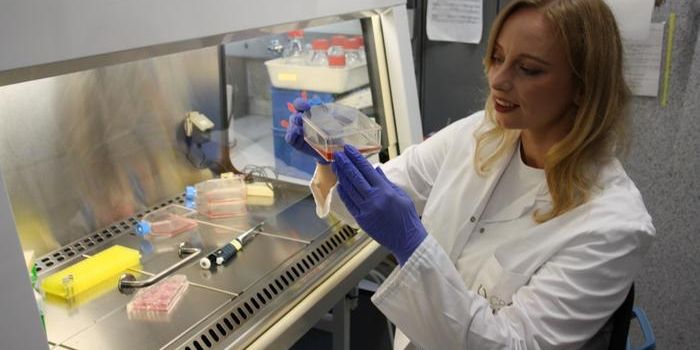Prostate Cancer: What's in a Name?
Hearing the word “cancer” could have a significant psychological impact on a patient waiting on a diagnosis. In fact, the “c-word” has emerged as a colloquial expression due, at least in part, to an unconscious effort to avoid mention of the mere word: cancer. The NCI notes that cancer patients can experience a wide range of new emotions and feelings following a diagnosis, and patients may feel anger, fear, sadness, depression, guilt, or loneliness. While many experience such negative emotions, others may feel hope or gratitude, even thinking of their diagnosis as a wake-up call to promote a lifestyle change. Notably, a cancer diagnosis can put a patient on an emotional roller coaster, regularly cycling through positive and negative feelings.
Mounting evidence suggests that emotional wellness can impact various avenues for cancer patients, including treatment participation and quality of life, which results in poorer outcomes and increased cancer deaths. Given this, it makes sense that doctors consider the psychological weight of a cancer diagnosis and contemplate the impact of the “c-word” itself in some unique cases. A manuscript recently published in the Journal of Clinical Oncology addresses this exact issue. The authors argue doctors should stop using “cancer” for cases of very low-grade prostate cancer. The article was penned by researchers from various universities and research institutes and a Patient-Advocate whose contribution ensured the commentary received a unique, non-medical perspective.
The Prostate-Specific Antigen (PSA) test greatly enhanced early detection of prostate cancer, cutting prostate cancer deaths in half. However, accelerated early detection did not come without unintended consequences, mainly, many men diagnosed and treated for prostate cancer so indolent that it would have never impacted the life. Specifically, almost 70% of diagnosed prostate cancers were low-grade cancers that likely did not require treatment. In other words, these patients would not have died or even experienced any cancer-related symptoms had they not been treated.
The authors suggest that “a major contributing factor to overdiagnosis and overtreatment is the designation of a particular pattern of low-grade cellular changes in the prostate as cancer, which, in our view, should not be called cancer.” Despite their options, the authors acknowledge counterarguments towards dropping “cancer” when referring to these low-grade cases. Notably, even men with low-grade prostate cancer benefit from active surveillance, which can develop into higher-grade malignancies requiring biopsies for detection. Other experts worry that removing the cancer distinction could result in some patients not taking their condition seriously and appropriately monitoring disease progression.
The indication that overdiagnosis and overtreatment of prostate cancer could have adverse effects led to many medical organizations cautioning against routine PSA testing. Thus, PSA testing has become more nuanced and is recommended only for specific scenarios, including high-risk patients. At this point, no broad guidance has been issued regarding using the “c-word” for low-grade prostate cancer and multidisciplinary discussions will likely continue.
Sources: Oncol Lett, J Clin Oncol, J Nat Cancer Inst (Islami), J Nat Cancer Inst (Welsh), Urology









